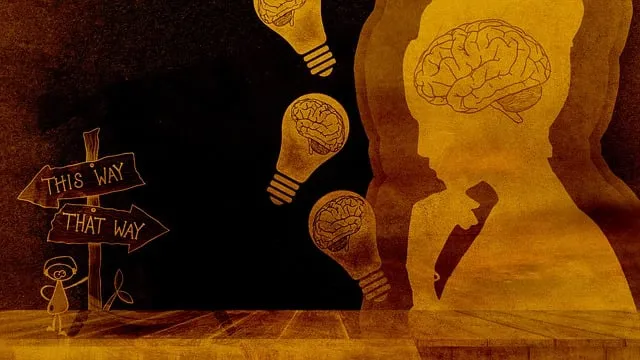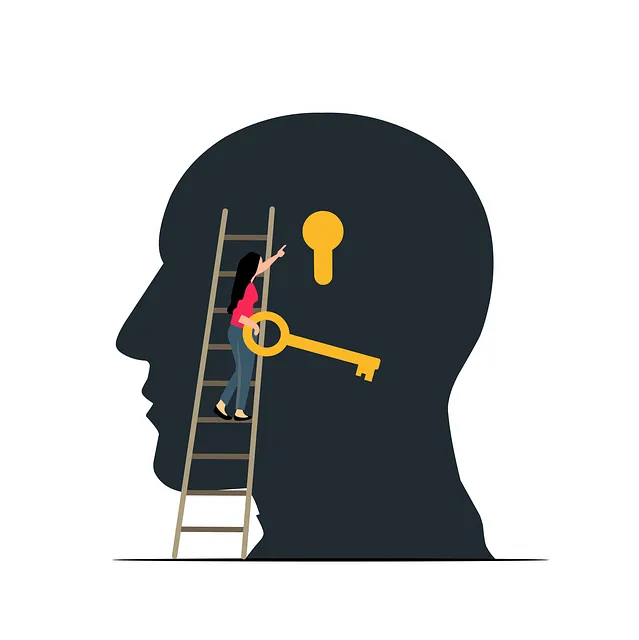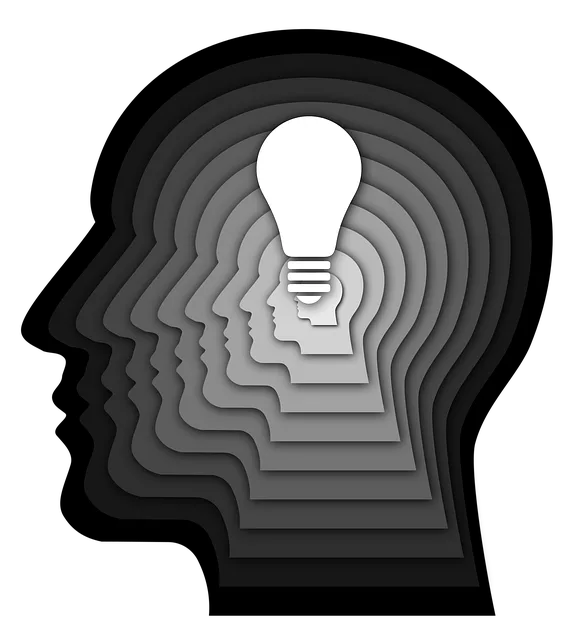The Kaiser Permanente mental health appointment center in Superior plays a vital role in addressing global depression concerns through early intervention and holistic prevention strategies. They identify key symptoms, emphasize empathy and open communication, and promote proactive self-care practices like healthy lifestyle habits, community support groups, and educational resources. By fostering social connections and providing evidence-based therapies, the center equips individuals with coping mechanisms and personalized self-care routines to prevent and manage depression effectively, ultimately enhancing mental well-being within their community.
Depression is a prevalent yet treatable condition that affects millions globally. This article explores comprehensive strategies to prevent and manage depression, offering valuable insights for those seeking a happier, healthier mindset. From understanding the signs to implementing lifestyle changes, building social connections, and accessing professional help, we provide a roadmap to well-being. Discover how the Kaiser Permanente Mental Health Appointment Center in Superior plays a pivotal role in empowering individuals to take charge of their mental health.
- Understanding Depression: Recognizing the Signs and Symptoms
- The Role of Kaiser Permanente Mental Health Appointment Center in Prevention
- Lifestyle Changes for a Happier Mindset: Diet, Exercise, and Sleep
- Social Connections and Support Networks: Building a Strong Foundation
- Professional Help and Therapy: When to Seek Assistance
Understanding Depression: Recognizing the Signs and Symptoms

Depression is a serious mental health condition that impacts millions worldwide, but it’s crucial to understand that it’s not just a momentary feeling of sadness or loneliness. Recognizing the signs and symptoms early on is vital for effective prevention and treatment. Common indicators include persistent feelings of sadness, loss of interest in activities once enjoyed, changes in appetite and sleep patterns, fatigue, difficulty concentrating, and thoughts of worthlessness or suicidal ideation.
The Superior Kaiser Permanente mental health appointment center emphasizes the importance of seeking help promptly if these symptoms persist for more than two weeks. Coping skills development, emotional intelligence, and self-awareness exercises can play a significant role in depression prevention. By fostering resilience, individuals can better navigate stress, regulate emotions, and maintain a positive outlook—all essential aspects in safeguarding against this debilitating condition.
The Role of Kaiser Permanente Mental Health Appointment Center in Prevention

The Kaiser Permanente Mental Health Appointment Center plays a pivotal role in depression prevention by offering specialized services and resources tailored to individual needs. Through their superior infrastructure and expert professionals, they facilitate access to evidence-based treatments and Empathy Building Strategies. By fostering open communication, the center encourages individuals to express their feelings and concerns, creating a supportive environment that is essential for early intervention and long-term recovery.
In addition to therapy sessions, the center promotes Self-Care Practices as a proactive approach to mental well-being. They provide educational materials, workshops, and community support groups that empower individuals with effective Communication Strategies to manage stress, improve resilience, and recognize early signs of depression. This holistic approach ensures that prevention efforts are not just reactive but also proactive, ultimately contributing to the overall mental health and happiness of the community served by Kaiser Permanente.
Lifestyle Changes for a Happier Mindset: Diet, Exercise, and Sleep

Adopting healthy lifestyle habits can significantly contribute to preventing and managing depression, as recognized by experts at Kaiser Permanente mental health appointment centers Superior. A balanced diet rich in fruits, vegetables, whole grains, and lean proteins provides essential nutrients that support brain health and emotional well-being promotion techniques. Incorporating regular physical exercise, such as walking, yoga, or swimming, releases endorphins, which can alleviate symptoms of depression and anxiety. Adequate sleep is equally crucial; aiming for 7-9 hours per night allows the body to rest and recharge, enhancing overall emotional resilience.
In addition to these lifestyle changes, communication strategies play a vital role in maintaining mental health. Engaging in open dialogue with friends, family, or a mental health professional can help individuals process emotions, challenge negative thought patterns, and receive crisis intervention guidance when needed. Prioritizing self-care practices that include regular exercise, nutritious meals, and sufficient rest empowers individuals to take proactive steps towards fostering emotional well-being.
Social Connections and Support Networks: Building a Strong Foundation

Social Connections and Support Networks play a pivotal role in depression prevention, forming a strong foundation for mental wellness. Having a robust network of friends, family, or support groups offers a sense of belonging and reduces feelings of isolation, which are significant risk factors for depression. Regular interactions with these connections can provide emotional support, encourage positive coping mechanisms, and offer different perspectives during challenging times.
At the Kaiser Permanente Mental Health Appointment Center Superior, professionals emphasize the importance of self-care practices alongside building supportive relationships. Encouraging individuals to engage in activities that foster meaningful social connections, such as joining community groups or participating in mental wellness journaling exercises, can significantly contribute to preventing depressive episodes. Additionally, listening to influential mental wellness podcasts series production can offer guidance and insights into navigating life’s challenges, promoting overall mental health and resilience.
Professional Help and Therapy: When to Seek Assistance

When considering depression prevention strategies, it’s crucial to recognize when professional help is necessary. If you’re experiencing persistent feelings of sadness, hopelessness, or a significant change in appetite and sleep patterns, it might be time to reach out to a Kaiser Permanente mental health appointment center. Superior healthcare providers are equipped with the expertise to offer various therapeutic approaches, such as cognitive-behavioral therapy (CBT), which has proven effective in managing depression.
Seeking assistance from mental health professionals involves a comprehensive risk assessment to understand your unique situation. They can help you develop a tailored self-care routine that addresses underlying issues and boosts confidence. Through regular sessions, individuals learn coping mechanisms, gain insights into their thoughts and behaviors, and acquire tools to prevent future episodes, thereby enhancing overall well-being.
In conclusion, depression prevention involves a multifaceted approach. By understanding the signs and symptoms as early as possible, leveraging resources like the superior services provided by the Kaiser Permanente Mental Health Appointment Center, adopting healthy lifestyle changes including proper diet, exercise, and sleep, fostering strong social connections, and knowing when to seek professional help through therapy, individuals can effectively navigate and prevent depressive episodes. These strategies empower folks to cultivate a happier mindset and maintain overall mental well-being.





